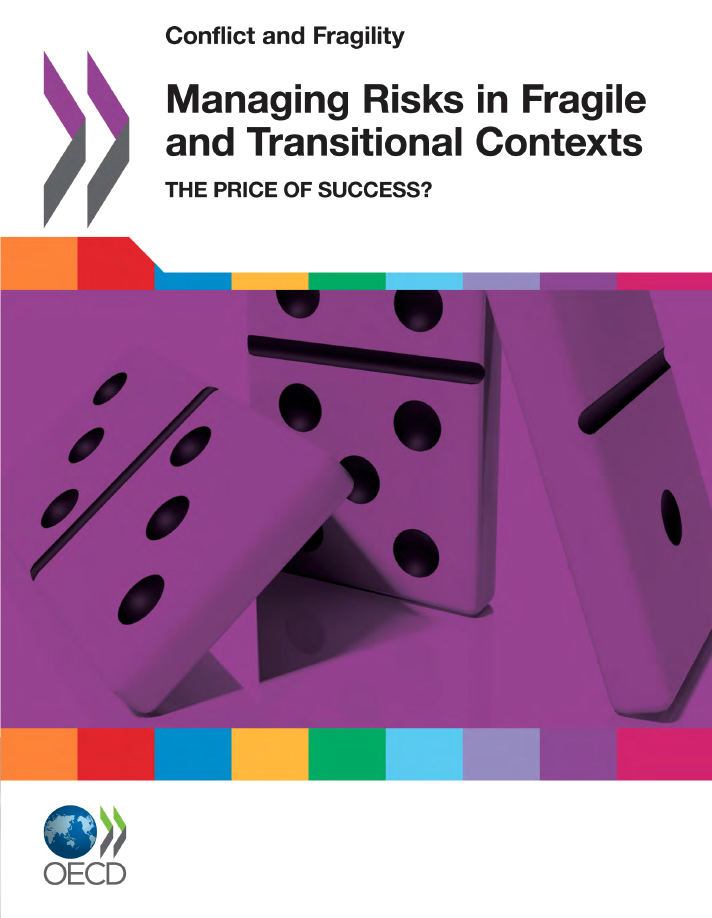Managing Risks in Fragile and Transitional Contexts
Managing Risks in Fragile and Transitional Contexts
2011
Should aid providers be more willing to take risks when working in fragile states? This is the question investigated by this report. Taking as its starting point the suggestion that donors may be too risk-averse in their aid engagement in these contexts, the study considers the evidence for this and related propositions. Based on an analysis of donor policy, it makes recommendations for changes in approaches to risk that might lead to greater aid effectiveness in these environments. The study, commissioned by the Organisation for Economic Co-operation and Development’s (OECD ) International Network on Conflict and Fragility (INC AF) Task Team on Financing and Aid Architecture, reviews approaches to risk and risk management by aid providers (principally bilateral and multilateral donors) in fragile and transitional contexts. It draws on interviews with selected Development Assistance Committee members, together with some of their key partners in the UN and World Bank systems, as well as literature and evidence of risk management practice in other sectors, public and private.

